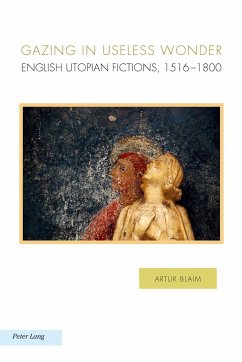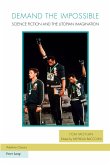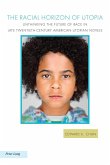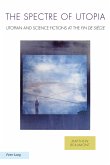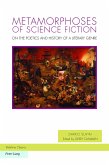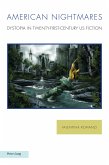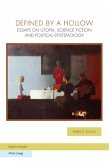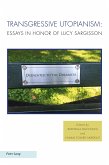Gazing in Useless Wonder focuses on utopias as self-referential texts that literally have to constitute themselves as imaginary or intentional entities before they can work as vehicles for socio-political ideas. Foregrounding the construction of utopian fictions defines both the perspective and the differentiation of the analytically significant elements, so that the traditionally dominant topics such as the nature and origins of the ideologies behind the construction of the ideal model are taken into account only insofar as they contribute to the aesthetic effect of the utopian construct as a whole. The organising principle of the early modern utopia involves two different modes of presentation: the narrative frame and the ekphrastic description of the ideal state, each possessing an aesthetic function realised according to different principles, with the ideal image constructed in accordance with the dominant aesthetic norms of the period pertaining to the visual arts, such as harmony, symmetry, alleged perfection, and timelessness. Despite variations, especially in the thematic-ideological domain, the dominant genre pattern that emerged as a result of the simplification of the complex semantics of Thomas More's Utopia in the early modern period is taken here as forming a single synchrony in the history of utopian fiction-making.
«Artur Blaim's 'Gazing in Useless Wonder' is absolutely essential reading for anyone trying to understand this period and its utopian texts. This book is important because it includes discussion of many neglected texts such as 'Siuqila' (1580), 'The Capacity and Extent of Human Understanding ' (1745), 'The Travels of Hildebrand Bowman' (1778), 'The Admirable Travels of Messieurs Thomas Jenkins and David Lowellin Through the Unknown Tracts of Africa' (1783), and 'A True and Faithful Account of Veritas ' (1790) as well as the better known texts. Blaim's treatment of these early texts is the most systematic analysis available of the ways in which utopian narratives are structured and carry their message.» (Lyman Tower Sargent, Professor Emeritus of Political Science at the University of Missouri-St. Louis, author of 'Utopianism: A Very Short Introduction '(2010))
«This is the most detailed, original and sophisticated study of early modern and eighteenth-century British literary utopias to be published in many years, and offers an excellent introduction to a large number of texts and traditions, as well as the methodological and theoretical debates surrounding their interpretation.» (Gregory Claeys, Professor of History at Royal Holloway, University of London, editor of 'The Cambridge Companion to Utopian Literature '(2010))
«This is the most detailed, original and sophisticated study of early modern and eighteenth-century British literary utopias to be published in many years, and offers an excellent introduction to a large number of texts and traditions, as well as the methodological and theoretical debates surrounding their interpretation.» (Gregory Claeys, Professor of History at Royal Holloway, University of London, editor of 'The Cambridge Companion to Utopian Literature '(2010))

